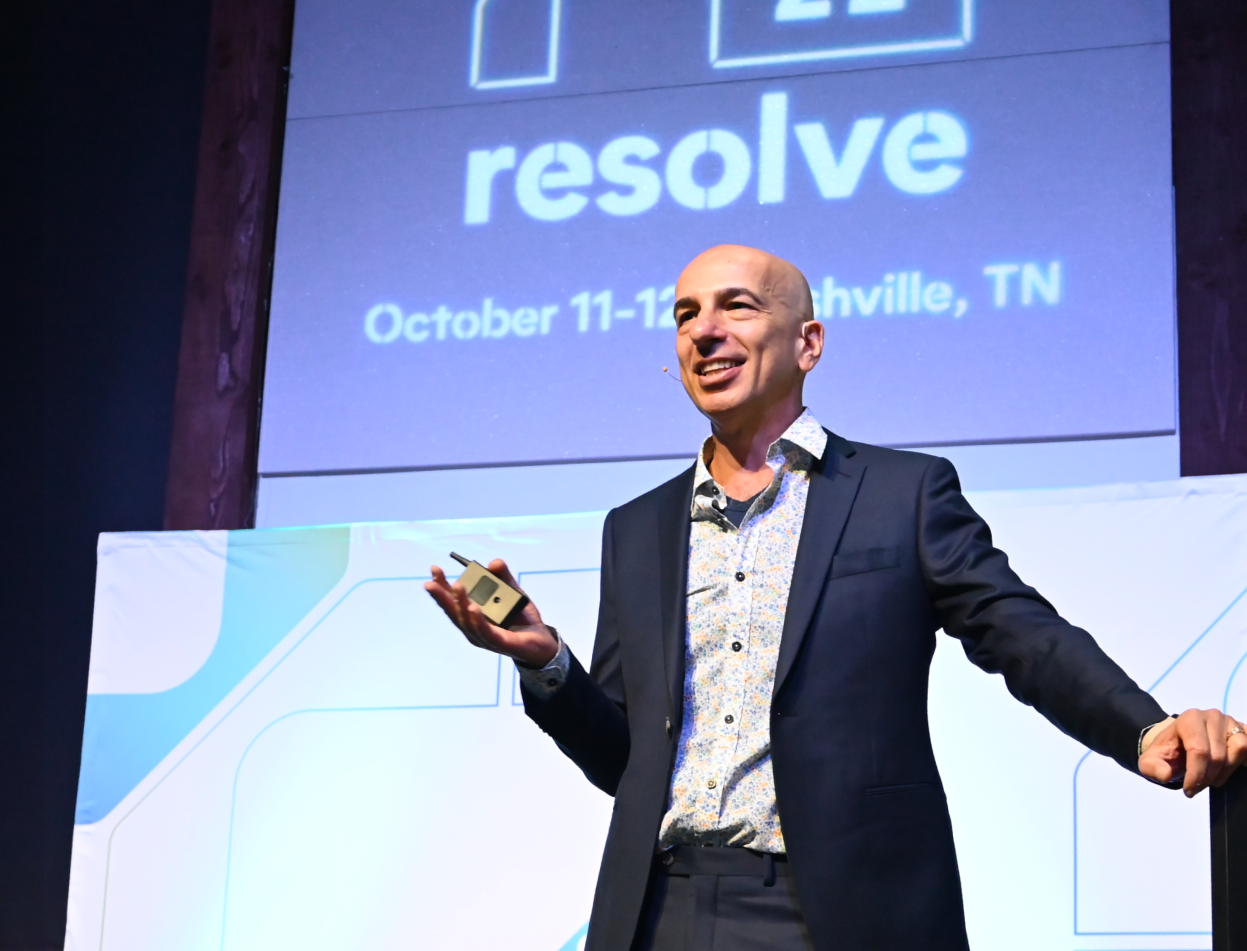In the healthcare industry, timely patient service can be as critical as medical treatment itself.
But in today’s day and age, where nurses and front desk staff are stretched thin and harder to hire and retain, providing a seamless patient experience is often easier said than done.
That’s why Southwest Medical Imaging (SMIL), a provider of state-of-the-art diagnostic medical imaging and interventional radiology, stands out through its integration of AI.
Their innovative approach to delivering a modern customer experience across 17 outpatient centers has made it easier for thousands of patients to count on SMIL’s medical services for reliable, easy-to-manage imaging care.
Handling thousands of calls per month, here’s how they deployed AI to overcome major challenges in their contact center and maintain efficient service.
Identifying the need for an efficiency-centric solution
SMIL’s journey to CX transformation began by recognizing several of the typical pressures faced by many contact centers. Excessive call volumes, high turnover of stressed agents, and nurses called on to answer non-clinical requests all meant they were struggling to maintain an optimal answer rate of at least 73%.
Meanwhile, their call abandonment rates, which fluctuated between 19% and 30%, not only impacted patient satisfaction but also the overall efficiency of the healthcare provider.
One of their most common call types, appointment management, was suffering the most in this equation. Patients calling to cancel, confirm, or ask questions about upcoming appointments struggled to get timely answers, while agents and nurses spent outsized time on these highly repetitive and manual requests.
Rather than simply overhauling their legacy IVR or deflecting customers to other channels, they decided to explore AI to implement a solution that could actually resolve appointment-related requests with the same effectiveness as an agent.
“Call volumes were crazy before AI,” said Kim Wyszynski, Director of Contact Center, SMIL. “That caused long hold times and high abandonment rates. We needed a way to automate straightforward requests so live agents could help the patients that really needed help with the harder things.”
Deploying AI for seamless, differentiated patient experiences
The introduction of conversational AI was a game-changer for both SMIL’s patients and their contact center. Designed to initially handle all calls related to appointment management, their primary goal was to free up canceled time slots instantly and allow the system to handle patient interactions autonomously, regardless of the time of day.
In doing so, they’d be able to schedule more efficiently, capture more business, and reduce agents’ phone time and after-call work spent updating the appointment calendar. SMIL worked hand-in-hand with Replicant to quickly integrate AI into their CMS and appointment system such that automation could complete requests end-to-end.
“Replicant was extremely responsive from the start and able to move really quickly,” Wyszynski said. “That’s the thing we loved. We would set a meeting, it would happen, and we’d immediately get a follow up. We had already wasted enough time talking to another vendor. With Replicant, it was a match made in heaven right away.”
The tangible benefits of AI-powered experiences
The results of implementing Replicant were striking:
- The average answer rate for agents increased from 73% to over 90%.
- Caller abandonment rates dropped dramatically from around 25% to as low as 5%.
- Agents now handle 20% more calls daily
- Replicant resolves up to 700 calls per day.
These improvements in key performance areas allowed SMIL to not only enhance their operational efficiency but also ensure that their services were more accessible to patients. Furthermore, the automation freed up agents and nurses from routine calls, providing them with opportunities to upskill and focus on more strategic and engaging tasks. This shift not only optimized call management but also boosted employee experience and job satisfaction.
Today, the partnership between SMIL and Replicant continues to evolve, focusing on expanding the use cases of AI and refining flows. This proactive approach ensures that both the technology and the human elements of SMIL’s delivery are aligned.
“Replicant takes up to 700 calls a day, which is pretty huge,” Wyszynski said. “That’s the kind of thing that contact centers without automation are missing out on. We’re taking those very repetitive calls off our agents’ plates and upleveling them to learn new skills and spend more time with patients.”
By integrating conversational AI, SMIL has not only addressed its immediate operational challenges but has also set a benchmark in the healthcare industry for how technology can enhance patient experiences. Their success story serves as a compelling example of the potential of AI in transforming the dynamics of customer service in healthcare, making services more patient-friendly and operationally efficient.
Read more about SMIL’s case study here.





